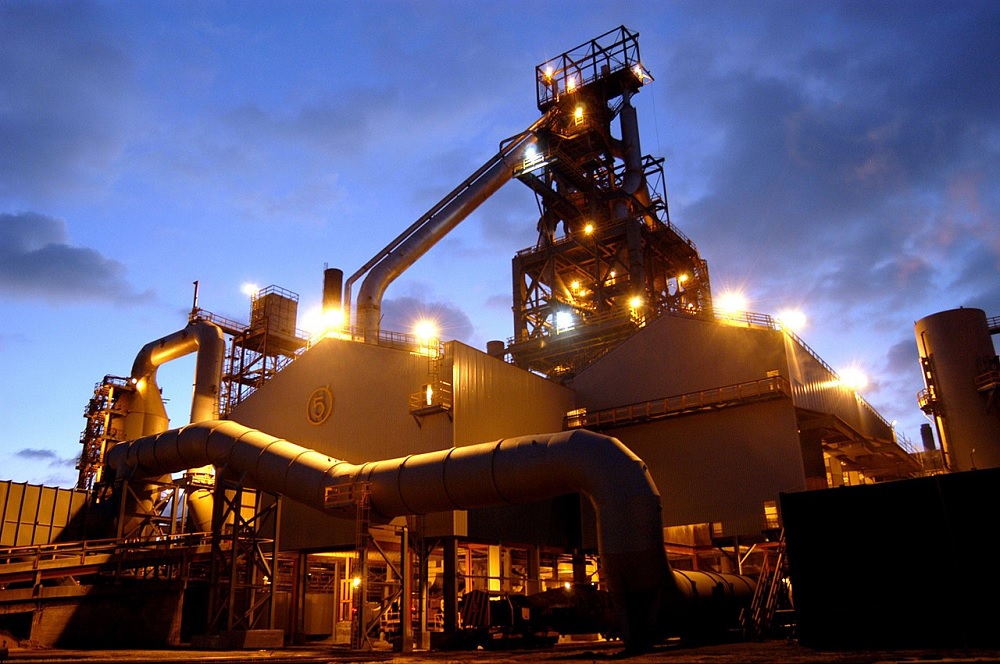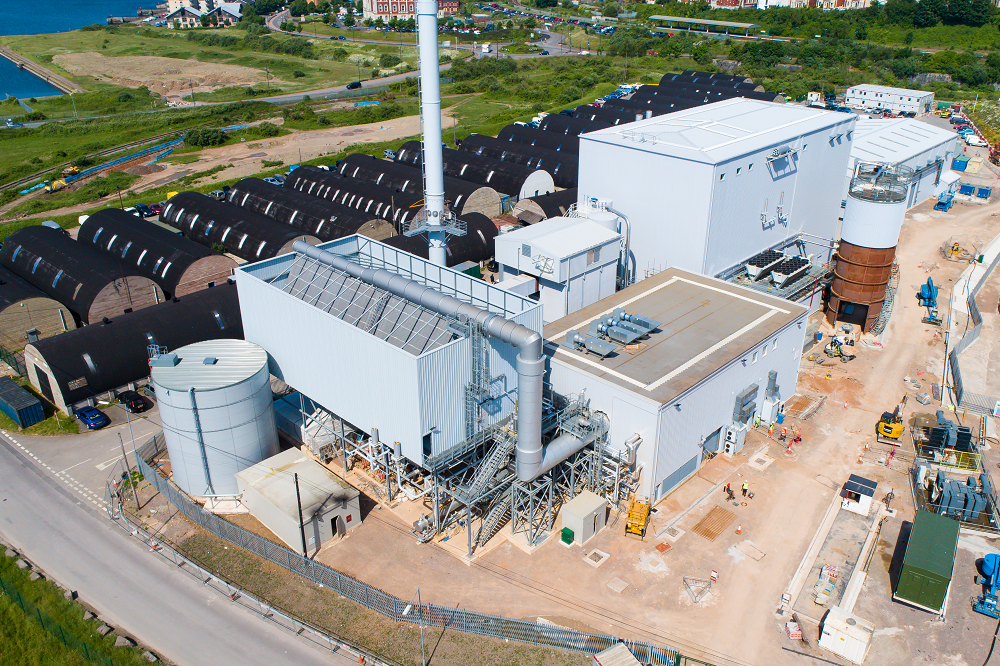News in brief: Decision on Covid-19 vaccine boosters expected within ‘next few weeks’

A decision on the rollout of a Covid-19 vaccine booster programme will be announced within the next few weeks, according to the deputy chairman of the Joint Committee on Vaccination and Immunisation (JCVI).
Professor Anthony Harnden said the JCVI is “highly likely’ to recommend a booster shot to the UK’s governments but said careful consideration was going into the timing of a third jab and who would be eligible.
“I think it’s highly likely that there will be a booster programme. It’s just a question of how we frame it,” Professor Harnden told the Today programme on BBC Radio 4.
“This will be decided over the next few weeks. I can’t definitively say that there will be, because we have not made that decision yet, but it is highly likely.”
“What we don’t want to do is boost people and then find we have a new variant and we can’t boost them again because we’ve boosted them too soon,” he added.
“And those people might not have needed the boost in the first place.”
Research
Professor Harnden also revealed the JCVI was awaiting the results of research looking at the use of different vaccines as a booster dose, before giving the green light to a booster programme.
Yesterday the JCVI recommended that a third Covid-19 vaccine primary dose be offered to individuals, aged 12 years and over, who were severely immunosuppressed at the time of either, or both, of their first two vaccine doses.
The new advice was given because of evidence that some immunosuppressed individuals may not produce a full immune response to the Covid vaccine after two jabs.

Tata Steel posts £347 million loss
Tata Steel UK, the owner of Port Talbot steelworks, posted a £347m loss to the end of March this year, despite £1bn of funding being pumped into the business by its parent company.
The UK’s largest steel manufacturer suffered a 20% slump in demand between April and June last year due to the impact of the Covid pandemic and the Port Talbot plant has also been affected by the slow down which has hit the automotive industry due to the shortage of computer chips.
The accounts also showed that employee numbers were by about 400 during the year, to 8,000. And £25m was claimed from the UK government’s coronavirus job retention scheme, which paid the wages of furloughed workers.
Last year the government turned down the company’s request for up to £500 million of support to help it recover from the impact of the pandemic.
Sky News also reported Tata Steel had submitted a proposal to hand over 50% of the company in return for £900 million of government finance.
Close to 4,000 people are employed at the Port Talbot plant, which is the largest steelworks in the UK.

Five further Covid deaths confirmed as case rates continue to rise
Public Health Wales has confirmed five further deaths due to Covid-19 and 2,275 new cases of the virus in the past 24 hour.
All five of the newly recorded deaths were in the Betsi Cadwaladr health board area and take the total number of deaths in Wales since March 2020 to 5,677.
In the seven days up to 28 August, 12,972 people have tested positive for the virus lifting the weekly national case rate to 411.4 per 100,000 people, up from 408.6 in yesterday’s report. The test positivity rate has also risen to 19.2 per 100,000 tests from 19.1% yesterday.
Swansea continues to record the highest case rate in Wales at 664.4, an increase of over 11 points since yesterday, and the test rate has also risen to 24.5% from 24.2% since Wednesday’s update.
PHW has also reported a further 2,097 cases of the Delta Covid variant have been identified over the last week, accounting for all but three of the sequenced samples tested in the seven days up to 31 August.
The other three tests were identified as the Alpha (Kent) variant.
A total of 18,548 cases of the Delta variant, which was first identified in India in April, have been confirmed since May.
Betsi Cadwaladr health board reported 573 new Delta cases, the highest in Wales, taking the total number there to 6,579 cases, 35.5% of the national total.

Funding announced in preparation for introduction of 20mph speed limits
Lee Waters MS, Deputy Minister for Climate Change, has announced continued grant funding of £1,086,565 as preparations continue for plans to reduce the speed limit in 30mph areas to 20mph across Wales.
Currently eight areas are trialling the 20mph limits with the national roll-out planned for April 2023.
The funding for the proposals is being provided via the Road Safety Grant, which the government says, “is specifically designed to have a positive impact in communities, in particular reducing the number of people killed or seriously injured on roads in Wales and also improving the liveability of communities across the country.”
“The evidence is clear: reducing speeds reduces accidents and saves lives,” Mr Water’s said in a written statement.
“Alongside this the quality of life will improve, making room on our streets for safer active travel. This helps reduce our environmental impact and has a positive outcome for our physical and mental wellbeing.”
Members of the public are also being urged to participate in the government’s consultation on the proposals, which closes on 1 October.

Barry biomass burner threatened with closure over planning ‘discrepancies’
Alex Seabrook, local democracy reporter
A biomass burner in Barry is facing enforcement action after “a number of discrepancies” were found with its plans.
Vale of Glamorgan council could force developers to close down and demolish the site, under planning rules.
The wood-burning power plant was built off Woodham Road, just south-east of Barry Docks train station, but has not yet become fully operational.
However council officers claim the plant is significantly different to its plans which were approved in 2015, which could mean the buildings are unauthorised.
Building work began in 2016 and soon caused complaints about noise, dust, hours of construction and air quality. The following year a controversy arose around a giant water tank, which was built without planning permission.
Then in July last year council inspectors found “a number of discrepancies between the consented scheme and that which had been built”. These included the layout and elevation; additional structures, plant and equipment; and an extension of the site to the north.
After months of negotiating, the council has warned the biomass developers that the power plant was unauthorised and threatened to take enforcement action by preventing the plant from becoming fully operational.
The plans for enforcement action were revealed in a report to the council’s planning committee, which met on Wednesday, September 1, when councillors on the committee voted to approve the enforcement action.
During the meeting, Marcus Goldsworthy, the council’s head of planning, explained why enforcement action was urgently needed.
He said: “We have got to a bit of an impasse. We are very concerned about the possibility of this development being deemed lawful by virtue of having four years since construction.
Nervous
“We are very nervous about the position that could arise where—were the development to exist on site for four years and were it deemed to be so different from the original plans as to be not covered by that approval—then we could get into a position where the council was looking at a lawful development without any conditions controlling it.”
Under planning laws if a development without permission was built more than four years ago, it is deemed lawful. This means the council couldn’t enforce any planning conditions, such as controlling air quality, waste management, dust, light pollution, and noise mitigation. But if the council takes enforcement action, then this stops the clock on the four-year deadline.
While the enforcement notice legally asks the developers to close down the plant and demolish the buildings, Mr Goldsworthy said the action was intended to encourage the developer to “regularise” the power plant, by properly applying for planning permission for all the discrepancies the council found.
Developers told the council they planned to appeal the enforcement decision, asking the Welsh Government to overturn it. In a letter to the planning department, they said the action was “totally disproportionate”.
Steve Butler, from Sol Environment and on behalf of Barry Biomass, said: “It would not be expedient for enforcement action to be brought because the alleged breaches can be addressed by other means.
“A requirement to permanently cease the operation of the renewable energy plant, including the carrying out of any performance testing; and permanently remove the renewable energy plant including all buildings, plant and associated equipment from the land is totally disproportionate to the alleged breach of planning control.
“If members were minded to accept the officer’s recommendation and authorise the issuing of an enforcement notice containing these requirements, my client would have no option other than to appeal.”
Environment
It’s unclear what will happen next, and how long the appeal process might take. But another important new factor is how the power plant would impact the environment.
The Welsh Government has belatedly decided the power plant is big enough to need an environmental impact assessment [EIA], for which campaigners have been calling for years.
Climate change minister Julie James said this assessment shouldn’t stop the power plant from becoming fully operational, as that could cause the developer to lose money.
Writing to Docks Incinerator Action Group in July, she said: “If activity at the plant is suspended—delaying the plant becoming fully operational while an EIA is undertaken—the time taken to prepare an environmental statement will cost the developer a loss of earnings and the wider economy will not benefit from permanent employment offered by the plant.”
Needing an EIA means the public will be consulted on how the power plant will potentially affect the environment. The process is likely to take around four months.
In the letter Minister Ms James also downplayed the impact of the power plant on climate change. Although burning almost 200 tonnes of wood daily, the developer claimed this would actually withdraw 32,644 tonnes of carbon dioxide from the atmosphere.
When applying for an environmental permit from Natural Resources Wales, Barry Biomass submitted estimates of the plant’s ‘global warming potential’. This included estimating how much carbon dioxide would be emitted, balanced against how much carbon would be saved from the “export of electricity to the public supply by displacement of burning of virgin fuels”.
This means the wood used at the power plant is technically ‘waste wood’ and counted as renewable energy. But scientists and campaigners are becoming increasingly concerned that burning woody biomass for electricity is fuelling demand for deforestation, and burning wood emits more carbon dioxide than coal.
In her letter to campaigners, the exact figures for the estimates of emissions at the power plant were not included. Ms James said: “I currently have no reason to disagree with NRW’s conclusion … that the impact on climate change is not significant”.
Support our Nation today
For the price of a cup of coffee a month you can help us create an independent, not-for-profit, national news service for the people of Wales, by the people of Wales.





